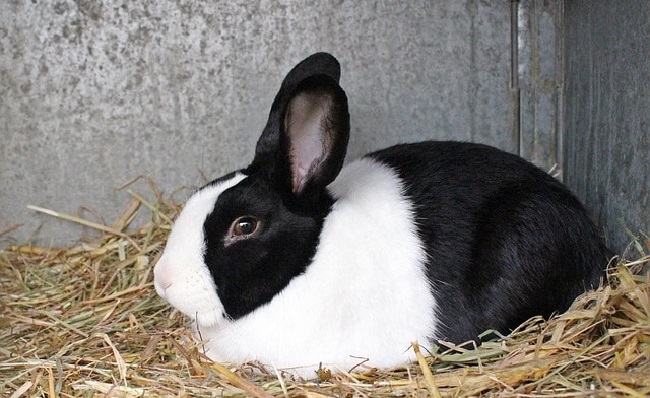So you’ve decided that a bunny is the perfect addition to your household, and now you’re asking yourself: “Where do I buy a bunny?” Bringing a pet bunny home is an exciting experience that demands careful consideration and planning.
The location and manner of purchase are paramount for ensuring your future furry friend’s health and wellbeing.
In this guide, we delve into the different places where you can buy a bunny, the pros and cons of each, and additional factors to consider before making your final decision.

Where to Buy a Bunny
Here are some places from where you can buy a bunny:
Read Also:
Local Breeders
Local breeders can be an excellent source for specific breeds of bunnies. They often specialize in breeding and raising certain types of rabbits, so you’re likely to find a diverse range of bunnies in terms of age, size, and breed.
When choosing a breeder, it’s essential to ensure they have a reputable status and prioritize their bunnies’ health and welfare.
Pet Stores
Many pet stores offer bunnies for sale. These venues can provide convenience, as they typically also sell the necessary supplies for rabbit care.
However, it’s important to research the pet store beforehand. Verify their reputation, the source of their animals, and their commitment to animal welfare.
Animal Shelters or Rescue Centers
Animal shelters or rescue centers are a commendable option when considering where to buy a bunny. Adopting a rabbit from a shelter gives a second chance to an animal in need.
These centers usually have a health check system in place, and their bunnies are often vaccinated and neutered, ensuring you bring home a healthy pet.
Online Platforms
Various online platforms allow breeders and private individuals to post ads for bunnies. While this provides a broad scope of choices, potential bunny owners must exercise caution.
Always verify the credibility of the seller and insist on meeting the bunny and checking their living conditions before making a purchase.
What to Consider When Buying a Bunny
These things must be considered when buying a bunny:
Health Check
Regardless of where you decide to buy your bunny, conducting a health check is crucial. Check for clear eyes, a clean nose, and ears free of mites.
The bunny’s teeth should align properly, and its body should feel firm and well-fed. If you notice anything unusual, it’s best to consult with a vet before purchase.
Age and Breed
The bunny’s age and breed significantly affect its behavior, lifespan, and care requirements. While baby bunnies may seem irresistibly cute, they require more intensive care. Older bunnies might be better for first-time owners. Similarly, different breeds have different needs and temperaments, so research and choose a breed that fits your lifestyle.
Aftercare
Before bringing a bunny home, ensure you have the necessary supplies for its care. This includes a spacious cage, quality rabbit food, toys, and bedding. It’s also crucial to consider if you have enough time to devote to your new pet, as rabbits require social interaction and exercise.
Key Takeaways
Local breeders, pet stores, animal shelters, and online platforms are common places to buy a bunny. Regardless of where you choose to buy, conducting a health check and ensuring the seller’s credibility is crucial.
Consider the bunny’s age, breed, and your preparedness to care for a bunny before purchasing.
Remember, buying a bunny is just the beginning. Owning a bunny requires dedication and care, but it also brings immense joy and companionship. Prepare well, and embark on an exciting journey with your new fluffy friend!
Read Also:
Conclusion
Finding the answer to “where to buy a bunny” involves thorough research and careful consideration. Whether you opt for a local breeder, pet store, animal shelter, or an online platform, it’s crucial to prioritize the bunny’s health and well-being.
By paying attention to health signs and ensuring that you’re prepared for bunny ownership, you can ensure a joyful and smooth transition for your new furry companion.
























